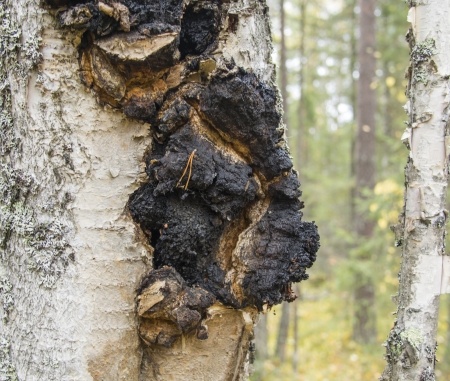Description
OrderFood Supplement
Chaga is a widespread fungus parasitic on birch trunks. It has an irregular shape with distinctive black colouration caused by a high concentration of melanin. Increasingly, it is the subject of interest of scientists and clinical centres, investigated with modern methods only recently despite its use in the Chinese court some 2,000 years ago. Chaga is native to Asia and the Russian taiga, where it has been used abundantly since the 16th century.
Regulation (EC) No. 1924/2006 of the European Parliament and of the Council on nutrition and health claims made on foods prevents us from providing information on the positive effects of this mushroom on your health. Please see available online resources and relevant literature.
Contents: 100% Inonotus obliquus, 240 mg/capsule. Capsule shell: HPMC (hypromellose). Plant-based capsules suitable for vegetarians and vegans.
Recommended dose and instructions: Use 2 capsules 2x per day 20 min. before food.
Warning: This product is not a substitute for a balanced diet. Do not exceed the daily recommended dose. Keep out of reach of children.
Count: 120 pcs


